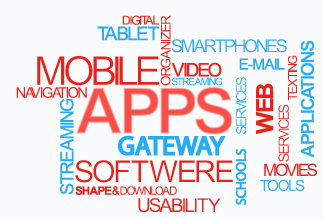 Introduction:
Introduction:
The goal of the present course is to create the skills to integrate scientific applications in Science Gateways implemented with the Catania Science Gateway Framework. This will allow the creation of an intercontinental team of developers able to respond to requests of integration of specific applications from Virtual Research Communities all around the globe. The members of the team will gain the access to the available gateways to develop and run also their own applications.
Generalities on the Catania Science Gateway Framework have already been presented in a recent webinar and all interested people can watch the recording of that event at this link.
People interested in attending this course are invited to fill the Registration Form as soon as possible and to have a careful look both at the Requirements and at the Preliminary homework to be done before the first webinar.
Dates of Webinars:
Webinar no. 1: 9 July 2013, 14:00-15:30 GMT
Webinar no. 2: 16 July 2013, 14:00-16:00 GMT
Webinar no. 3: 23 July 2013, 14:00-16:00 GMT
Webinar no, 4: 30 July 2013, 14:00-16:00 GMT
Times are given in GMT. If you want to know the correspondent time in your timezone go to http://www.worldtimeserver.com/convert_time_in_UTC.aspx
Webinar access page:
http://connect.ct.infn.it/sciencegateway
Timetable:
Have a look at the timetable here
Instructions:
Please login as guest and provide your Name and Affiliation in the Guest Name field.
In the top left corner you can then click on “Meeting -> Audio Setup Wizard” to configure your audio.
You can test your computer and your devices at this link: http://connect.ct.infn.it/common/help/en/support/meeting_test.htm.
Adobe Connect tutorials are available at: http://tv.adobe.com/show/learn-adobe-connect-8/.
REQUIREMENTS
Skills:
In order to profit most from the course, the following prior knowledge is required:
– Java programming;
– Web application development (HTML, Java server pages, XML, Application Server, servlets);
– Basic Unix shell (VPN, SSH, bash scripting);
– Basic Database management (in particular MySQL).
Hardware:
Being a web-based course, no hardware is provided by organisers.
Participants shoud have at their disposal for the whole duration of the course a real/virtual machine with either Mac OS X or Linux installed and at least 2 GB of RAM. CentOS is the recommended Linux distribution.
Software:
All software needed to integrate applications in a Catania Science Gateway will be provided by organisers except the Integrated Development Environment (IDE) since participants can already be used to different IDEs.
Our recommended choice is however NetBeans. In order to create Liferay plugins you can use the Plugin Portal Pack extension of NetBeans or configure the plugin to use the Liferay SDK.


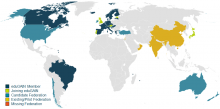
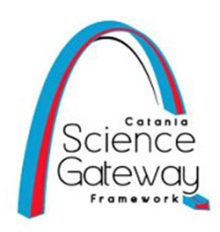
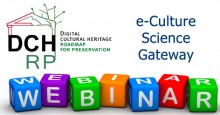
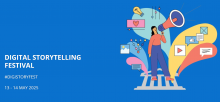
 If you have interesting news and events to point out in the field of digital cultural heritage, we are waiting for your contribution.
If you have interesting news and events to point out in the field of digital cultural heritage, we are waiting for your contribution.
























